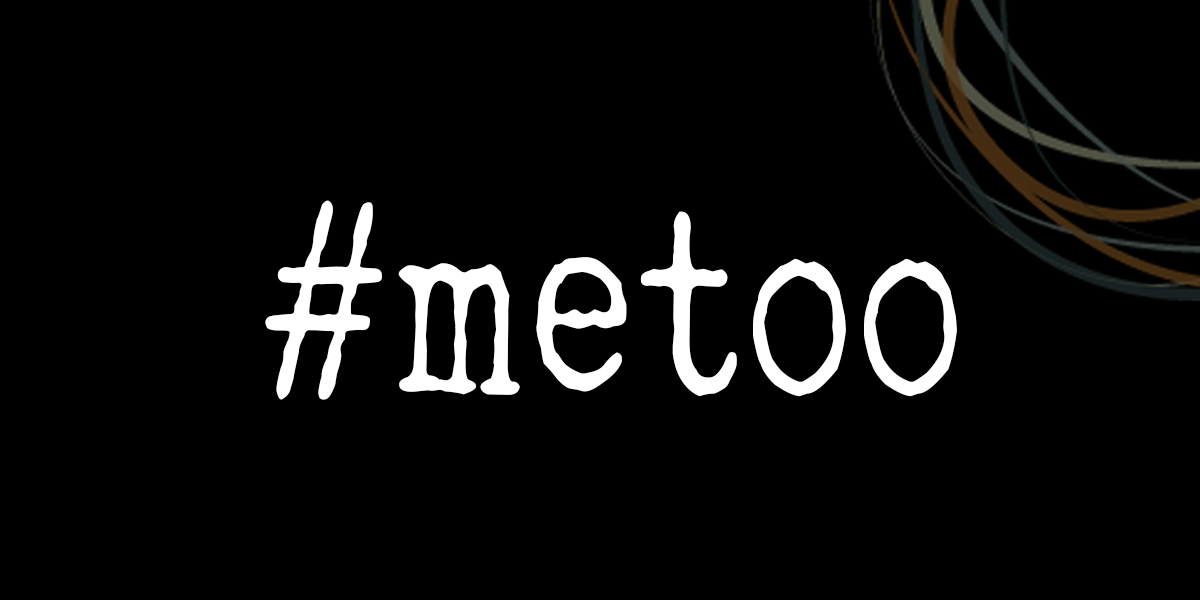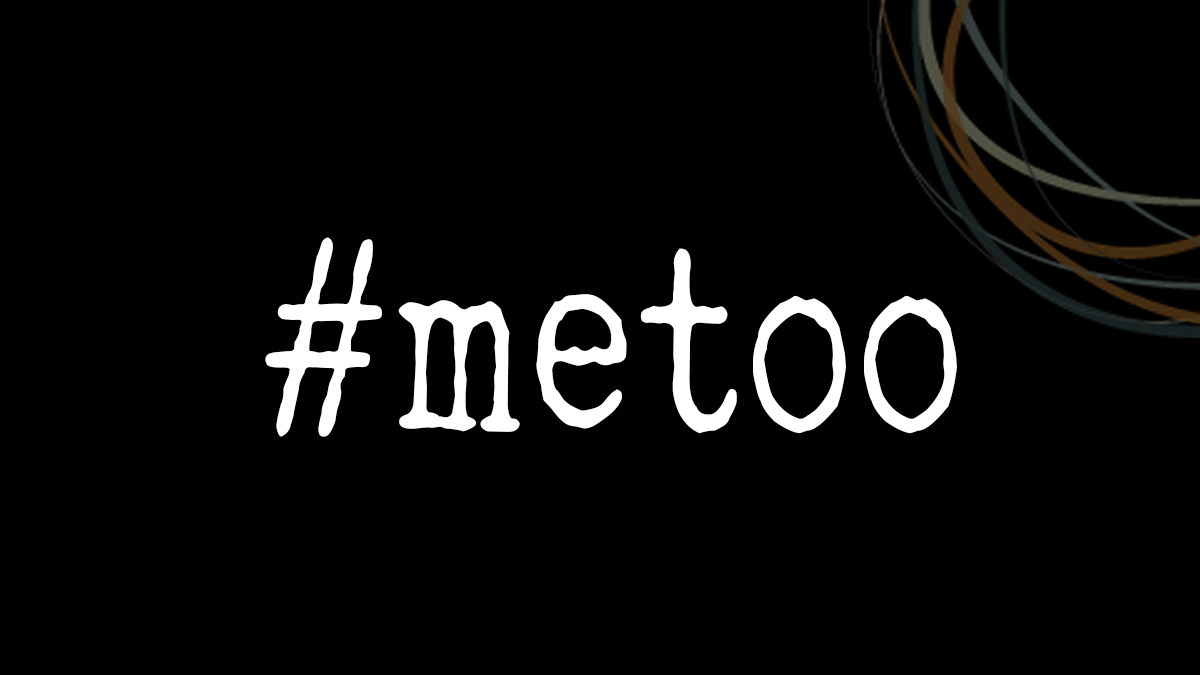The #metoo social movement may be a bit jarring to us moms and dads, as it has forced us to acknowledge the things we rather not. Especially about our own kids. Our children turn into teenagers who turn into adults- and somewhere (anywhere) along the way they can be hurt, and sexual abuse is one of the most horrifying ways we can imagine. The power of #metoo is the “after”- how society validates adults coming forward with stories of sexual trauma. What has been overlooked is discussion of the “before”- all the education, messages, and experiences that take place early on in life. So let’s pay attention to this opportunity and start talking. A few suggestions:
- Body Bubble. A straightforward and benign way to explain physical boundaries to your kids. Help your child imagine his/her body has an imaginary bubble, and explore what is comfortable and safe. Discuss how different people and situations may warrant our bubble to grow bigger or smaller (mandating more or less physical space between us/them). Explain what touches may “pop” our bubble, and then discuss what action should then be taken. Use this analogy to discuss boundary violations, ranging from accidental shoves to inappropriate touching.
- Your Body Belongs to You. This mantra should be the framework of how your child experiences his/her body. Your child doesn’t want to give grandma a goodbye kiss? Fine! “Your Body Belongs to You.” Give your child ownership of his/her body, and give them the right to verbalize and demonstrate what they possess. Try not to compromise this mantra by trying to save others from hurt feelings. Your child’s safety and health trumps how another perceives your child’s boundary-setting.
- Normalize and Desensitize. Penis and vagina. Hard to say? Then say it over and over until it isn’t anymore. Avoid using nicknames for “private parts,” as it will be implied that there is something different or secretive about them. The rules that apply to elbows and ears, also apply to nipples and buttocks. Open up discussion early on about body parts, functions, and related values and beliefs. Then you won’t ever need to have “the talk,” as it will be ongoing since toddlerhood. Communication about sex and sexuality will be open to include the good, the bad, and the ugly.
- Stranger Danger 2.0. Continue teaching your kids about safety when around unfamiliar folks; however, much of childhood sexual abuse occurs in the context of trusting relationships. So when talking about good touch/bad touch- remind your kids that this also extends to family, friends and other seemingly “safe” people. Their Body Bubbles should be respected by all- not just a chosen few.
- Be an Example. Accept and respect your body. Your children are watching and taking notes. They observe how you care for your physical self and how you teach other people to treat you. They witness boundary violations and how you assert (or not) that Your Body Belongs to You. Respond to media messages in a way that reminds your child his/her body is worthy and of value. If you are a survivor of sexual trauma- please get the support you need to recalibrate a healthy sense of self. Generational sexual trauma is a real thing, but it doesn’t need to continue.
There are certainly risk factors associated with childhood sexual abuse, but there is no known way to prevent trauma. What we do know is a) how soon after a child discloses abuse and b) how the disclosure is responded to greatly shift the trajectory of recovery and healing. So let’s equip ourselves, and empower our children, with the information needed to experience our bodies in a healthy and safe way.
Words From The Wise – Written by Staci A. Passe, LMSW, PHD
Dr. Staci Passe earned her Masters of Social Work Degree from the University of Texas at Austin, and her Doctorate of Counseling Psychology from the University of Houston. Through her 13 years of education, training and experience, Dr. Passe has served hundreds of families by providing individual, group, and family therapy. She is currently licensed as a social worker and is earning licensure as a psychologist. Through her work at outpatient, inpatient, residential, school, agency, private, and community settings, Dr. Passe has gained proficiency in tailoring treatment to meet the needs of each client. Through talk therapy, play therapy, and expressive arts, clients are provided the opportunity to express themselves in the most natural and comfortable manner. Dr. Passe is also able to provide both English and Spanish services to individuals.
Dr. Passe is skilled at working with young people challenged with various problems. Dr. Passe has extensive experience with issues related to trauma, relationships, emotion dysregulation, body image, abuse, bullying, poor coping skills, self-harm, and the onset of mental illness. Dr. Passe has provided intervention for numerous diagnoses including Depression, Anxiety, ADD/ADHD, Bipolar Disorder, Adjustment Problems, Schizophrenia, Personality Disorders, and Post-Traumatic Stress Disorder. She is skilled at implementing evidence- based intervention with attention to individual differences and is committed to partnering with the families she serves to promote wellness and healing.









